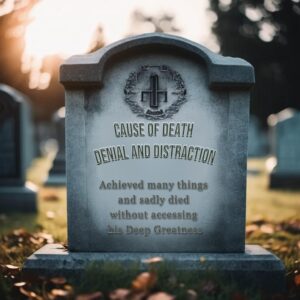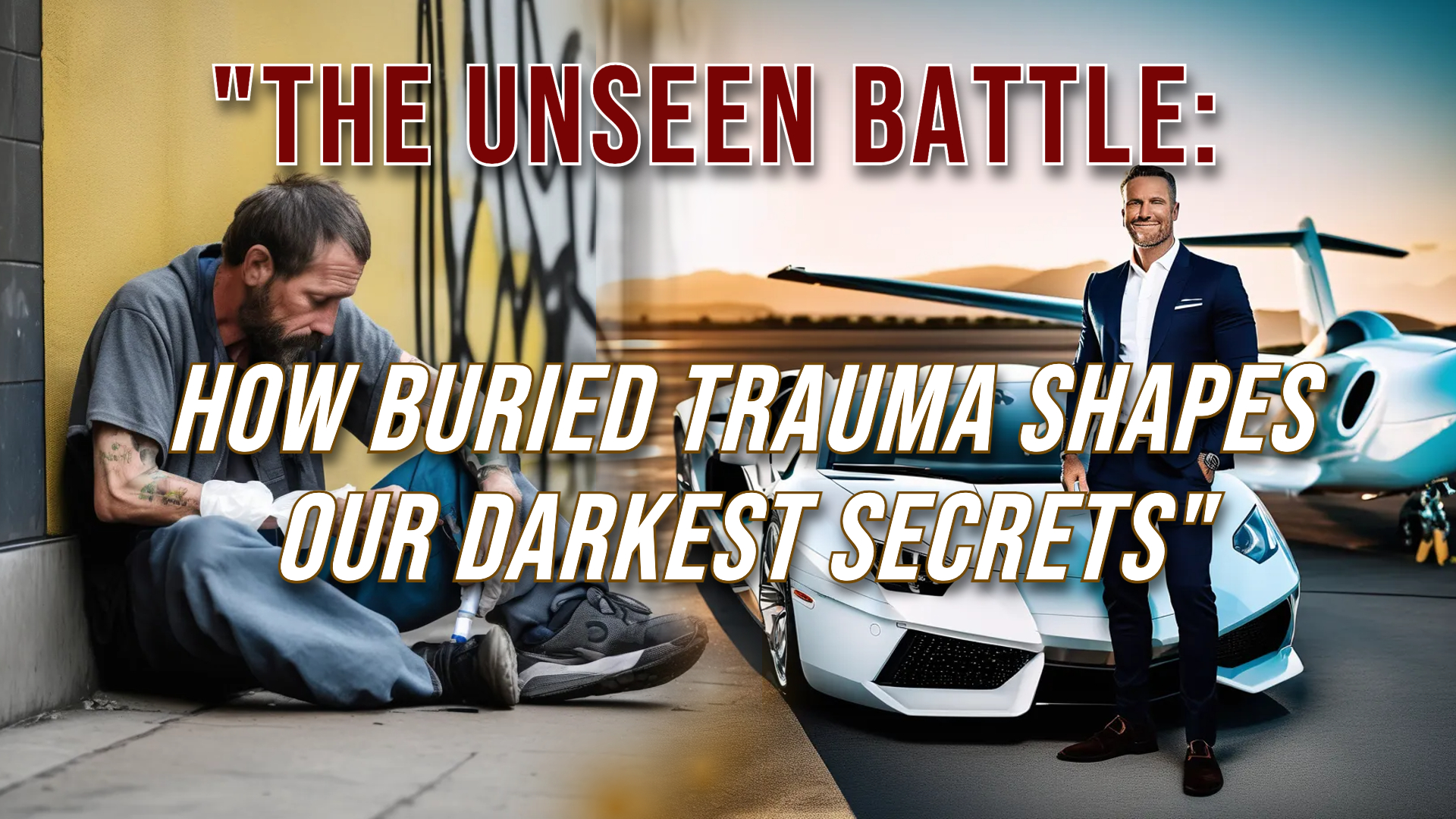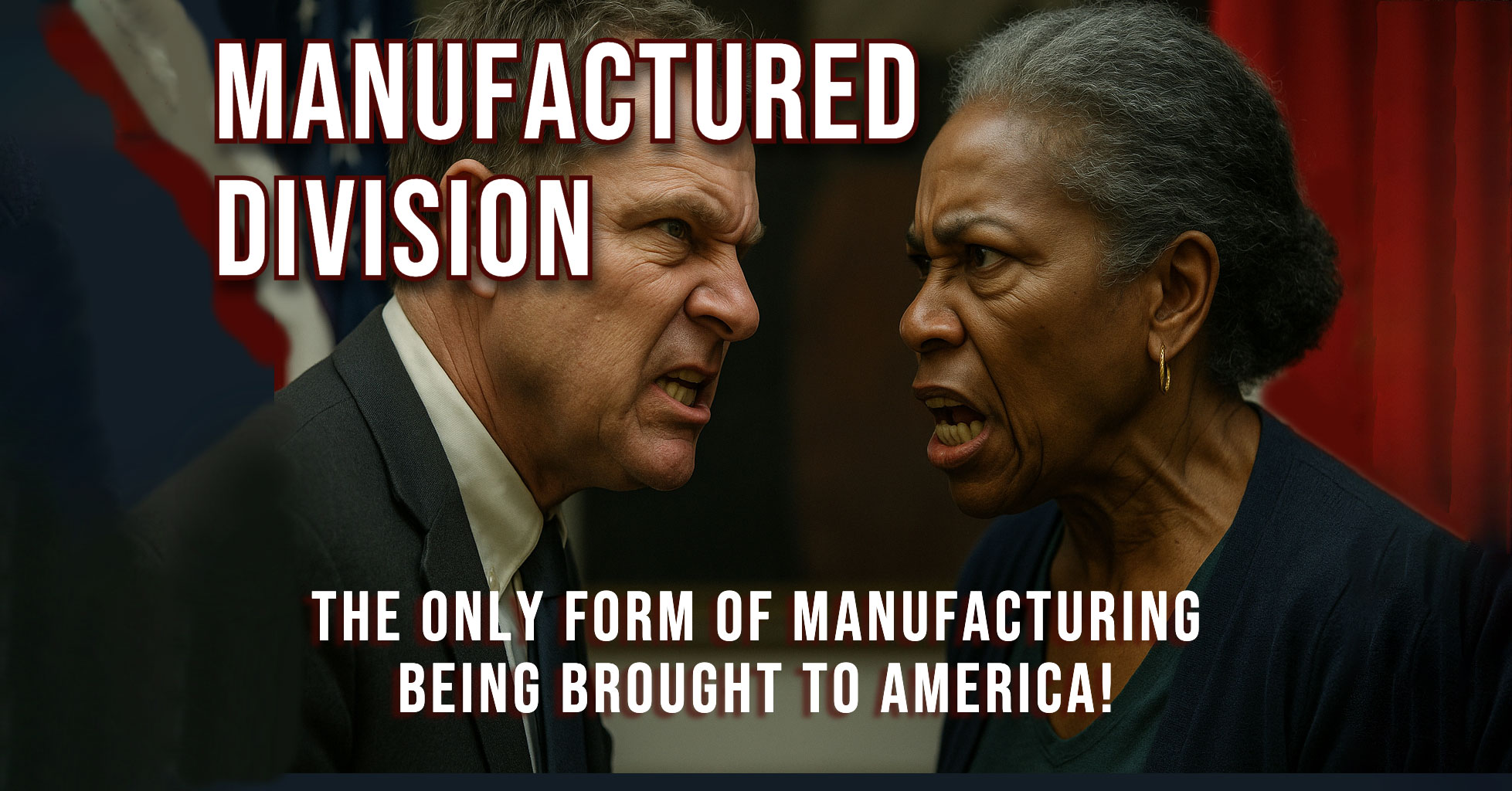That Sh!t Will Kill You!
Facing the Stark Realities of Life on the Streets
The odor was overwhelming—a potent blend of vomit, feces, and garbage. In the dimming light, a woman, possibly in her thirties or twenties, used her leather jacket as a broom to clear the alley floor before sitting down. She mumbled about people being pigs, a stark reminder of the brutal realities many face. Yet, beneath this harsh scene lies a parallel with the hidden struggles that others endure in more private spaces.
Confronting Mistrust and Misunderstanding
An Unlikely Connection in a Desolate Place
 I sat on a stoop beside a man who appeared to be in his forties, though life had likely aged him beyond that.
I sat on a stoop beside a man who appeared to be in his forties, though life had likely aged him beyond that.
He turned to me, “What the fcuk do you want? Here to preach about Jesus? I’m not interested.”
I assured him I wasn’t, just a human being sitting with another human being. He was baffled. “What’s your gig? Some Good.
Samaritan crap where you get to look down on us? You don’t know sh!t!”
Years of disappointment and abandonment had trained him to mistrust anyone who approached.
The Science Behind the Struggle
How Trauma and Stress Shape Our Behavior
Chronic stress and trauma have a way of rewiring the brain’s fear center, the amygdala, making mistrust and agitation a default state.
Breaking Down Barriers
Finding Common Ground Amidst Pain
I took a moment to center myself before responding. “You’re right; I don’t know sh!t about you or anyone else down here, but I’d like to understand.” He was skeptical, “Why? Why do you give a sh!t?”
His mistrust was earned and justified. On the streets, trust isn’t a freely given commodity.
“Can I tell you something?” I asked. “Sure, I don’t give a fcuk.”
I leaned in, “This might sound weird, but I know there’s a part of me that could have easily ended up here, too, shooting up in a back alley. I don’t see myself as better than you; I see myself as you.” Something clicked in him for a moment, a crack in his hardened exterior.
Moments of Connection in the Most Unlikely Places
That brief connection might have triggered the release of oxytocin—the bonding hormone that reduces stress and builds trust. He paused, then quickly snapped back with, “Yeah, well fcuk you!”
I waited. After a few long minutes, he started talking about the girl cleaning the alley, calling her “out of her mind.” She was about twenty-three and had been on the streets for years. He shared more about others he knew and even about his dealer as he soberly pulled out a packet of heroin.
The Cycle of Addiction Explained
Understanding the Neuroplasticity of Drug Use
As drug use becomes habitual, the brain’s reward system becomes more attuned to drug-related cues, while the prefrontal cortex—the part responsible for rational decisions—loses its influence. Anticipation of the high triggers dopamine release, fueling the craving and motivation to use.
The Realization of a Shared Struggle
From the Streets to the Heights of Success
His tone shifted, becoming more reflective as he talked about the life he once had and the one he now endured. He tied off his arm with elastic, prepared the heroin, and was about to inject it when I interrupted, “No judgment, but can I ask you something?”
We’d been talking for about ten minutes, and he was less defensive. “I don’t give a fcuk, what do you want to know?”
 “It’s clear you’re not stupid. So, forgive me, but don’t you know that sh!t will kill you?”
“It’s clear you’re not stupid. So, forgive me, but don’t you know that sh!t will kill you?”
He laughed bitterly. “I’m not an idiot. I have a degree; I had a wife, a house, and kids. Of course, I know this will kill me, but for a while, it makes all the pain go away.”
We all have our ways of coping, looking for relief from emotional or mental anguish.
The Hidden Vulnerabilities of High Achievers
It was clear—his addiction wasn’t just about the drug. It was about escaping a reality too painful to face. He pushed the syringe’s plunger, and a softness washed over his face, a faint smile forming.Heroin, once injected, rapidly crosses the blood-brain barrier, delivering an intense euphoria. But over time, the brain adapts, making natural rewards less satisfying and increasing the need for higher doses. Remember this for later.
 Fast-forward about ten years, and I’m sitting in a place as far removed from that alley as possible—a 20-million-dollar-plus mansion.
Fast-forward about ten years, and I’m sitting in a place as far removed from that alley as possible—a 20-million-dollar-plus mansion.
I’m talking with a successful entrepreneur. A mutual acquaintance assured him I could help.
He spent a few minutes talking about his property, how everything was custom-built to maximize winter sun and minimize summer heat, and why he built a two-story garage for his cars.
I interrupted, “It’s magnificent, but you didn’t invite me here to talk architecture. Why am I here?” His discomfort was obvious, and the tension in his voice betrayed his calm facade.
The body doesn’t lie. When the sympathetic nervous system is activated, heart rate increases, the face flushes, neck veins stand out—all signs of stress, and he was showing them.
Addressing the Pain Beneath the Surface
Why Everyone Needs to Confront Their Inner Struggles
Before he said anything, I could tell he wanted to end the conversation quickly. He started, “Well, you know David (our mutual friend) said you could help.”
“Help with what?” I asked. “Well, it’s not a big deal; I just have something I can’t figure out.” His discomfort was glaring.
“Paul, I don’t have to be here. If you don’t want to talk, I’ll leave. I’m not here to judge. Your world and mine may look different, but beneath it all, we’re more alike than you might think.”
Wealth and success often mask the same fundamental struggles others face. Our shared neurobiology responds to stress in similar ways, regardless of status.
Paul paused, took a breath, and admitted, “I don’t need you to judge me. I know what I did was wrong; I just don’t know how to deal with the consequences.”
“I get it; I’m not here to judge. I’m here to help if I can, and if I can’t, I’ll tell you straight. Whatever you say stays between us. If we work together, I’ll sign an NDA.”
 Paul seemed to relax a bit, but only a bit. “I have a public persona, a reputation, and I have to keep up that image, right?” “I understand,” I said. “Please continue.”
Paul seemed to relax a bit, but only a bit. “I have a public persona, a reputation, and I have to keep up that image, right?” “I understand,” I said. “Please continue.”
His reputation had hidden his vulnerability, but the cracks were showing. Chronic stress from maintaining a public image can impair decision-making, just like addiction does. We’ve all seen public figures spiral down.
Head down, Paul confessed, “I had an affair; it’s over; my wife knows, and we’re trying to rebuild.” I leaned in, “Is that what you want my guidance on?”
“Maybe,” he replied. This man, who ran a multinational organization, was clearly lost and unfamiliar with the territory he was in.
“Paul, can I ask you something without the ‘right’ answer, just the gut-level truth?”
In moments of truth, the ‘right’ answer fades as the real answer emerges.
Something shifted in him; his guard didn’t drop but softened.
“Were you in love with the person you had the affair with?” His answer was fast and certain “Absolutely not!” “Had you fallen out of love with your partner?” Again, fast and clear, “Absolutely not!”
“Paul, you’re a smart guy, so why risk everything for something that didn’t mean much?” “I don’t know, and that’s why David put us together.”
“At any point, did you think this could destroy your marriage, reputation, and business?”
His response conveyed both disdain and irritation. “I’m not stupid, Dov; of course, I knew.” “Then why did you keep going?”
 Paul had a look I’ve seen before—not confusion, but recognition of his own patterns.
Paul had a look I’ve seen before—not confusion, but recognition of his own patterns.
This behavior, despite the consequences, is like addiction—where the prefrontal cortex loses control, and the reward system takes over. Sound familiar?
Main-lining Denial
Remember what I said earlier: Heroin provides temporary relief, but the brain adapts, and more is needed for the same effect.
“I don’t know, Dov; that’s why you’re here.”
“One more question, Paul. and please don’t allow yourself to say, ‘I don’t know.’ What pain were you escaping during the affair?”
That question hit him hard, like a syringe full of truth serum.
His face paled and for a moment the armor dropped and he asked. “Can you help?”
Paul’s pain, which he’d buried deep, was now front and center, demanding attention.
Realization often comes when the insula, a brain region tied to self-awareness and emotion processing, activates. Chronic stress, hypervigilance, and substance abuse can keep it from kicking in.
The Universal Struggle with Pain and Trauma
No matter how much we’d like to deny it every one of us has pain, even hidden behind success, fame, or fortune. It doesn’t make it any less real.
We all develop coping mechanisms to survive. Some are more socially acceptable than others, but they all serve the same purpose. The brain changes in response to these behaviors, whether it’s workaholism, gambling, or substance abuse.
The neurochemistry is the same for the person hiding behind an affair as it is for the one chasing their next hit. Both activate the brain’s reward circuit, providing temporary relief from pain.
We all have our ways of avoiding our pain. For some, it’s church; for others, it’s work, alcohol, porn, or rescuing others. The list goes on.
 Whatever your coping mechanism, it will kill you—not necessarily physically, but there will be destruction in its wake.
Whatever your coping mechanism, it will kill you—not necessarily physically, but there will be destruction in its wake.
Chronic engagement in these behaviors rewires the brain, affecting decision-making, impulse control, and emotional regulation.
I Know Who You Are
The Call to Break Free from Hidden Struggles
You’ve achieved greatness. You’re a leader, an icon. The world looks to you for guidance. But no matter how high you climb, there comes a time when you seek what really matters. You know this is your heart and soul calling, and that’s all happening with the assistance of your brain’s default mode network nudging you into action.
Take the Next Step to True Fulfillment
You are ready to break free from the hidden struggles that even the most successful individuals face! How do I know? You got this far…You are not alone!
I’ve worked with high-profile, iconic leaders who, like you, have built incredible lives but are still haunted by unresolved pain. Addressing unresolved trauma and developing healthier coping mechanisms leads to positive neuroplastic changes, improving emotional regulation and overall well-being, and better decision-making.
It’s time to confront what’s holding you back from true fulfillment. Reach out to me, and let’s start the journey beyond success to genuine peace, clarity, and inspiration. Your Deep Greatness awaits—let’s take that step together.




